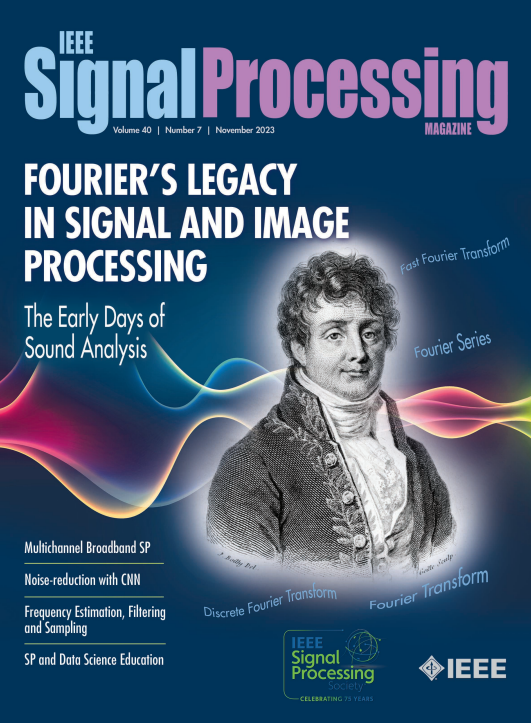Socially Intelligent Networks: A framework for decision making over graphs
IF 9.6
1区 工程技术
Q1 ENGINEERING, ELECTRICAL & ELECTRONIC
引用次数: 0
Abstract
By “social learning,” in this article we refer to mechanisms for opinion formation and decision making over graphs and the study of how agents’ decisions evolve dynamically through interactions with neighbors and the environment. The study of social learning strategies is critical for at least two reasons. On one hand, it allows for a deeper understanding of the fundamental cognitive mechanisms that enable opinion formation over networks and the propagation of information or misinformation over them. On the other hand, these same learning strategies are effective for decision making by networked agents under challenging conditions, such as highly dynamic environments, nonstationary models and data, untruthful or malicious agents, sparsely connected graphs, and constrained communication. The article presents a unifying framework that covers several cases of interest, such as single-agent Bayesian learning, multiagent non-Bayesian learning, adaptive social learning, social machine learning, partial information sharing, influence discovery, and many others. The presentation highlights important limitations of the traditional social learning strategies. One limitation is the inability to track well drifting conditions. Traditional approaches lead to stubborn agents, which resist new states of information and are slow to react to changes in the environment, like an opinion that changes over time. Another limitation of the traditional strategies is that they assume perfect knowledge of the data models, which is seldom available in practice. The article illustrates recent advances that address these issues. We show how to endow multiagent networks with adaptation abilities and how to build social machine learning solutions that learn the necessary models directly from the data. These are fundamental steps toward the construction of socially intelligent networks, capable of exploiting cooperation and diversity across the agents to guarantee reliable learning performance under nonstationary, heterogeneous, and uncertain environments.社会智能网络:图上决策框架
本文中的 "社会学习 "指的是在图形上形成观点和做出决策的机制,以及对代理的决策如何通过与邻居和环境的互动而动态演化的研究。对社会学习策略的研究至关重要,原因至少有两个。一方面,它能让我们更深入地了解在网络上形成观点以及在网络上传播信息或错误信息的基本认知机制。另一方面,这些学习策略同样适用于网络代理在挑战性条件下的决策制定,如高度动态的环境、非平稳模型和数据、不真实或恶意代理、连接稀疏的图以及受限制的通信。文章提出了一个统一的框架,涵盖了几种感兴趣的情况,如单代理贝叶斯学习、多代理非贝叶斯学习、自适应社会学习、社会机器学习、部分信息共享、影响发现等。演讲强调了传统社会学习策略的重要局限性。局限之一是无法很好地跟踪漂移情况。传统方法会导致代理固步自封,抵制新的信息状态,对环境变化(如随时间变化的观点)反应迟钝。传统策略的另一个局限是,它们假定对数据模型的了解是完美的,而这在实践中很少能做到。本文阐述了解决这些问题的最新进展。我们展示了如何赋予多代理网络以适应能力,以及如何构建可直接从数据中学习必要模型的社会机器学习解决方案。这些都是构建社会智能网络的基本步骤,能够利用各代理间的合作和多样性,保证在非稳态、异构和不确定环境下的可靠学习性能。
本文章由计算机程序翻译,如有差异,请以英文原文为准。
求助全文
约1分钟内获得全文
求助全文
来源期刊

IEEE Signal Processing Magazine
工程技术-工程:电子与电气
CiteScore
27.20
自引率
0.70%
发文量
123
审稿时长
6-12 weeks
期刊介绍:
EEE Signal Processing Magazine is a publication that focuses on signal processing research and applications. It publishes tutorial-style articles, columns, and forums that cover a wide range of topics related to signal processing. The magazine aims to provide the research, educational, and professional communities with the latest technical developments, issues, and events in the field. It serves as the main communication platform for the society, addressing important matters that concern all members.
 求助内容:
求助内容: 应助结果提醒方式:
应助结果提醒方式:


